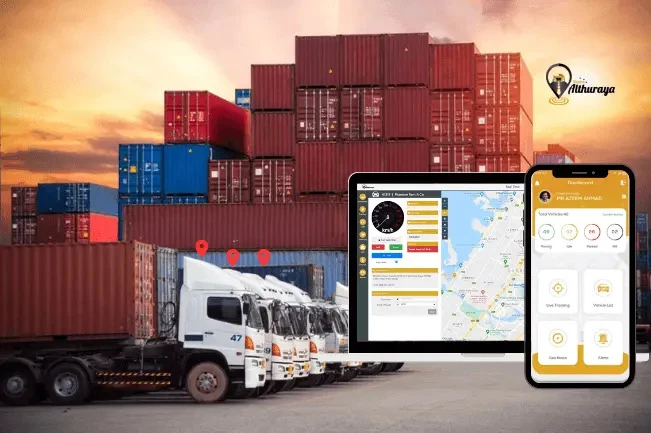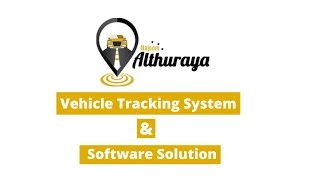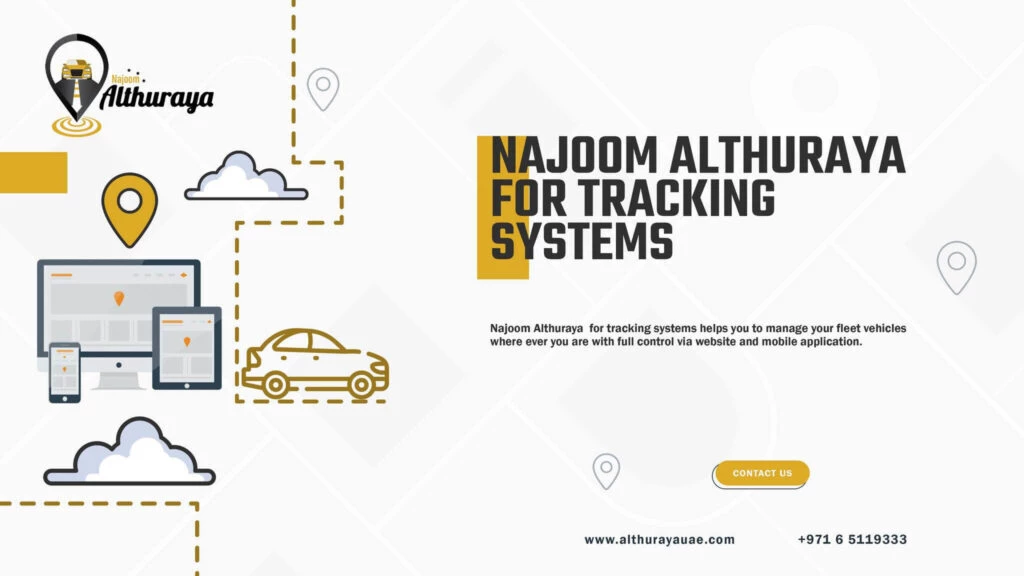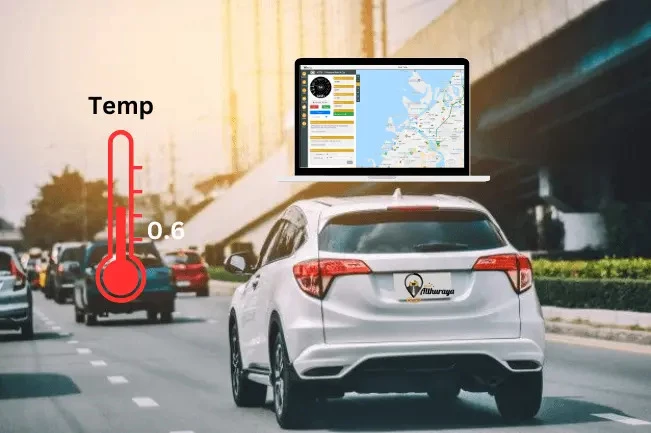- Exterior & Landscape
-
Building & Construction
- Concrete Contractors
- Demolition
- Blocks & Concrete Products
- Structural Engineer
- Road Contractors
- Pre - Engineered Buildings
- Steels & Metals Construction
- Scaffolding
- Soil Test
- Generator
- Heavy Equipments
- Junk Removals
- Waterproofing
- General Contractors
- Pre - Fabricated House
- Portable Containers
- Excavation
- Foundation
- Steel & Metal Fabrication
- Drainage System
- Airport Construction
- Home Maintenance
- Consulting
- Audio Visual System & IT
- Floorings & Wall
- Others
- Furniture
-
Building & Renovation
- Stone & Marble
- Wooden Products
- Gypsum Products
- Building Material Suppliers
- Paint
- Lift & Escalators
- Kitchen & Bathroom
- Fit - Out Contractors
- Specialist Contractors
- Glass
- Kitchen & Bathroom Accessories
- Wall & Wall System Product
- Electrical Contractor
- Mechanical
- Gypsum Work
- Window Suppliers
- Turn Key Contractors
- Door Suppliers
- Ironmongery
- Fire Fighting Contractors
- Building Maintenance
- Permits & Authority Approvals
- Carpentry and Joinery
- Roofing System
- Aluminum
- Lighting
- Railings
- Metal Supplier & Contractor
- Manpower
- Home Solar System
- Design & Decoration
- Events & Exhibitions
- Marine
- About
GPS Tracking System: A Comprehensive Guide
Introduction
In today's interconnected world, tracking the location of people, assets, and vehicles has become increasingly crucial. GPS tracking systems, powered by advanced technology, offer a reliable and efficient solution for various purposes. This article will delve into the intricacies of GPS tracking systems, exploring their components, benefits, and applications.
Understanding GPS Tracking Systems
GPS tracking systems utilize a network of satellites orbiting the Earth to determine the precise location of a device equipped with a GPS receiver. These systems consist of three primary components:
- GPS Receiver: A device that receives signals from GPS satellites and processes them to calculate location data.
- Antenna: A component that captures GPS signals from the satellites.
- Communication Module: A module that transmits location data to a central monitoring platform.
Benefits of GPS Tracking Systems
GPS tracking systems offer numerous advantages across various industries and applications:
- Enhanced Security: Track the location of valuable assets, vehicles, and personnel to prevent theft, loss, and unauthorized access.
- Improved Efficiency: Optimize operations by monitoring fleet performance, reducing fuel consumption, and improving route planning.
- Increased Safety: Ensure the safety of employees and assets by tracking their whereabouts in real-time, especially in remote or hazardous areas.
- Cost Reduction: Streamline operations, reduce expenses, and improve overall efficiency.
- Peace of Mind: Gain peace of mind by knowing the location of loved ones or valuable belongings.
Applications of GPS Tracking Systems
GPS tracking systems have found widespread applications in various fields, including:
- Fleet Management: Monitor vehicle location, track fuel consumption, and optimize routes for improved efficiency and cost savings.
- Asset Tracking: Keep track of valuable equipment, machinery, and inventory to prevent theft and loss.
- Personal Safety: Ensure the safety of loved ones, especially children, the elderly, or individuals with medical conditions.
- Field Service: Optimize workforce management by tracking the location of field technicians and dispatching them to the nearest job site.
- Logistics and Shipping: Monitor the movement of goods, improve delivery times, and reduce transportation costs.
Choosing the Right GPS Tracking System
When selecting a GPS tracking system, consider the following factors:
- Features: Identify the specific features and functionalities required for your application.
- Accuracy: Determine the desired level of precision for location tracking.
- Battery Life: Ensure the system's battery can meet your usage requirements.
- Cost: Evaluate the initial investment and ongoing costs associated with the system.
- Integration: Consider how the system will integrate with your existing systems and processes.
Conclusion
GPS tracking systems have revolutionized the way we track and manage assets, people, and vehicles. By leveraging advanced technology, these systems offer a reliable and efficient solution for enhancing security, improving efficiency, and reducing costs. As technology continues to advance, we can expect GPS tracking systems to become even more sophisticated and versatile, meeting the evolving needs of various industries and applications.






